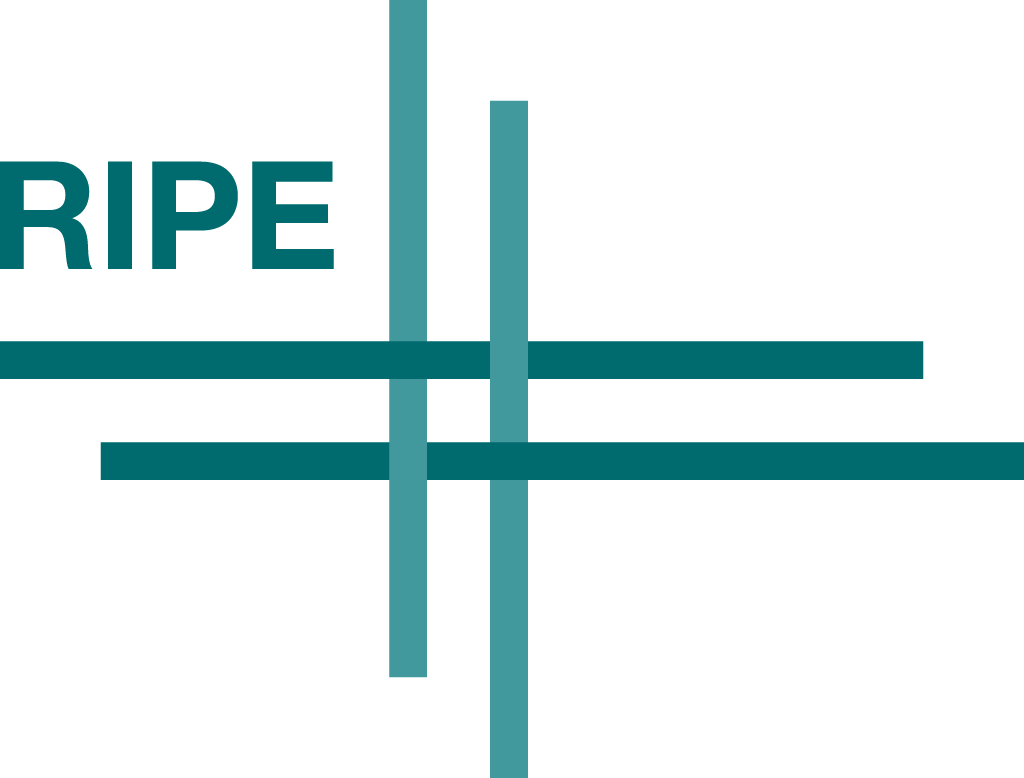RIPE Navel Gazing BoF 16 October 2018
Shane sets the scene, talking about the Diversity TF and his gender metrics. Then goes on to talk about measuring how long people are coming to the meetings, because we don’t build a community with new people and that’s what we measure for meetings. But unsure what he should do with this information. What are the right questions to ask? Hence the BoF.
Important to note that RIPE is 29 years old, neither the community nor the Internet are static.
Teaser Questions (from slides):
– How big should a RIPE meeting be?
– What balance should we have been reliance on the NCC and the independence of RIPE?
– How important is it to maintain institutional knowledge versus getting new people and ideas
– What is the role of the working groups? Do we need them?
The RIPE Accountability TF has reported and this touches on some of these questions. Perhaps we need to figure out what the community is, formalise that, to try to understand what we are before we start to change things?
If we don’t change anything, we’ll continue to grow, and change will be forced upon us. So we need to think about how to handle the changes that will be forced upon us by a changing world.
We can both maintain institutional knowledge and bring in new people. We do this, successful institutions do this.
Working Groups have historically had three purposes. 1) To do work, to develop RIPE documents, policies etc, 2) to provide guidance to the NCC about what it was doing (eg DB WG) and 3) have opportunity to have discussion *without* having to produce things at the end.
Some groups now are an extension of the Plenary, focusing more on 3) above, but is that necessarily a bad thing? Maybe the community need to look into this? Parallel tracks?
But if they aren’t doing any work, should they be called Working Groups?
Change should be evolutionary, but also conscious.
We possibly need to think about what the meeting might look like in 5 – 10 years and how we actually get there, what planning is needed?
Measure all the things! (With a problem statement, requirements etc. and measure the change to see if we get to there.)
Should a limit be put on the meeting? Not really, because it should remain open to everyone, so we need to plan on that basis.
Do we know what distribution of attendees we want? Because without that we can’t build towards it.
Have been lots of changes. RACI (younger people, broader topics), Fellowship, Mentoring. But are they measured? If they aren’t, is that ok?
Where does RIPE and the meetings fit into the wider ecosystem of meetings/communities. The things that happen at RIPE meetings aren’t always obvious, so need to get more info out in to other communities and also more communication and 2-way feedback between operator communities and people like IETF. But don’t try to make RIPE too much like other groups.
HPH speaks about the communities he’s interacted with as RIPE Chair. The whole Chair job description and selection process are ongoing at the moment.
Is the Community the same as the meeting? Scaling one is different to scaling the other. Meeting logistics & costs are understood. But if you’re going to scale the Community, you have to know what that is and who is a member.
We have a split-ish Community already, MENOG & ENOG for instance, but policy all being made under the umbrella of RIPE. Could that split be more formalised? Of course policy making is under a lot of scrutiny.
We need to ask the people who aren’t at the meeting about how the Community can be made more diverse or how the Community needs to change.
How is the Community represented at the meeting? The policy work is parallel streams that nobody can follow on their own. A WG Chairs lunch with limited attendance. The Chair opening and closing the meeting often doesn’t have a lot of Community activity content. Should there be a regular agenda item of announcements about what work is going on?
Who is “we” and who decides what the metrics are that we’re measuring? Who measures?
The meetings are working well, so let’s not break things about that.
Is RIPE the meeting where Network Operators come to learn how to be Network Operators?
Need to get people at university more involved in the entire ecosystem, including RIPE, not just operators, but all through the stack.
Working Groups are also visible representation of things RIPE is looking at, working on, and if we didn’t have some of them people would wonder why and think the Community doesn’t care about it.
Unconscious bias training for the Community to try to break out of our recursive and/or biased view of ourselves.
Bring in more diverse disciplines to the meeting, social sciences, people who are impacted by the network, by the operations we undertake.
Who are the Community? People who take an active interest in the Internet in our region. But what does active mean?
Discussions we’ve had in the past will come up again, we need to deal with this and not just say “Not this again!”
There are still operators in the service region who don’t really know about RIPE or the meetings, so there’s more work to do there.
Community needs some face to face meetings, people need to meet each other. If the meeting gets too big, it’s easier to be lonely.
Maybe we need more outreach from Community members to regional events.
Is the RIPE Community inclusive enough to continue to make policy decisions on the Internet, given the changes and global usage of the medium.


